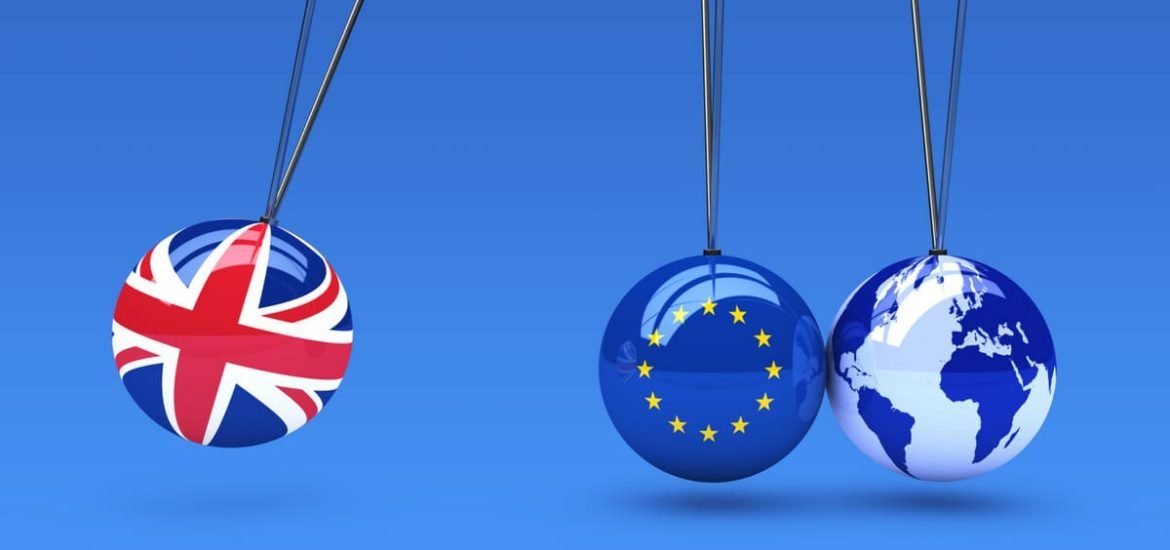
In a guidance note published on 23 August, the UK government has laid bare some of the potential consequences that crashing out of the EU with no deal will have on research. In total, the government is planning to distribute 80 technical notices — which have been referred to as “nightmare scenarios” — advising individuals and companies in various sectors on how to prepare for a potential no-deal Brexit.
In relation to research, the UK would revert to a third country status once it exits the EU on March 29 next year, which simply means they can still participate in a wide range of collaborative programmes funded by the EU but under current rules, they would lose access to any of the €77 billion Horizon 2020 research programmes. Projects under this remit make a high part of the UK’s research funding, including grants from the Marie Sklodowska-Curie fellowship programmes, and the SME instrument, and European Research Council, in particular.
The UK is still seeking clarification as to what will happen to ongoing research projects that include a UK participant in the event of no deal since the change to third country status could, therefore, affect the legality of certain EU-funded projects. For example, a Horizon 2020 consortium must include at least three participants from three different EU member states or associated countries such as Switzerland.
The UK government is expected to try and negotiate to stay in these programmes, however, it unclear what type of exceptions, if any, the EU would be willing to make. However, in the event of hard Brexit, the UK government will not pay anything to EU partners in projects run by UK institutes. The UK government has pledged to step in and provide future funding after 2019 and would continue to provide funding for the EU-funded Joint European Torus — a joint-funded centre for European fusion research located in Oxford, UK — until the end of 2020 should the EU agree to extend the contract.
Despite Theresa May’s initial mantra, “ No deal is better than a bad deal,” the dire consequences of a no-deal Brexit are becoming increasingly more obvious and the chances of the UK leaving the EU without a formal agreement has become even more probable over the past few months. Liam Fox, UK international trade secretary and Brexit advocate, puts the chances of no deal at 60 per cent.
If hard Brexit does happen, the shockwaves will not only be felt by the research community, but new customs and excise rules and safety declarations would need to be put in place, Pharma companies have been advised to build six-week stockpiles to prevent supply disruptions, and in worst-case scenario, the entire economy could face collapse.
As CBI deputy director general Josh Hardie puts it, “These notices show that those who claim crashing out of the EU on World Trade Organisation rules is acceptable live in a world of fantasy, where facts are not allowed to challenge ideology. By now few can be in any doubt that no deal would wreak havoc on economies across Europe.”
Image source: Getty Images